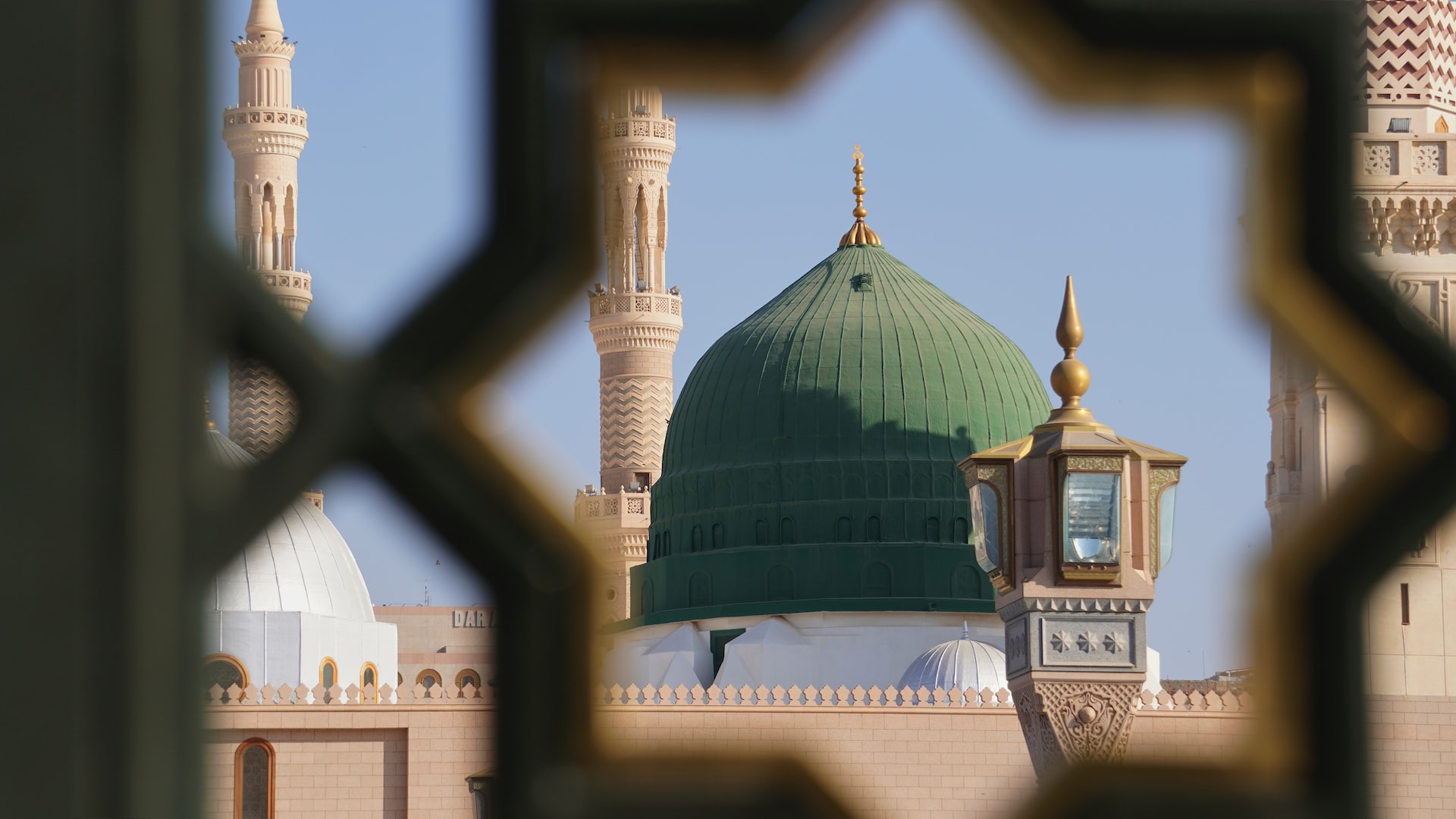Saudi Arabia remains on track to be the fastest-growing major economy in the world this year while posting a budget surplus in excess of $100 billion – the Kingdom’s first in 10 years. Though oil prices have fallen from their 2022 highs, they remain well-above Saudi Arabia’s fiscal breakeven level, meaning it has a good chance of sustaining a surplus next year as well. Budget surpluses are significant for the Saudis since it means they are very capable of funding several investment initiatives under their Vision 2030 project, which aims to diversify the Kingdom’s economy by bolstering non-oil industries.
Construction is underway on some of the most lofty Saudi projects, including Neom, a brand new developmental region along the northwestern coast of the Arab peninsula. Plans have recently been laid out for a new airport as well, which is meant to handle annual traveler volumes of 120 million by the end of the decade. Saudi Arabia is also boosting cooperation with China, just last week signing off on $50 billion of new investment agreements.
Related ETF: iShares MSCI Saudi Arabia ETF (KSA)
In keeping with the country’s economic breakout this year, the General Authority for Statistics reported that Saudi Arabia’s GDP expanded at an annual pace of 8.8% in Q3, stronger than a preliminary estimate of 8.6% due to further expansion in the non-oil economy. That means it is on track to be 2022’s fastest-growing G20 economy with expected full year growth at 8.5%.
A significant portion of that growth, unsurprisingly, has come from the country’s vast energy sector, with oil-related GDP growing 14.2% in the third quarter. However, the non-oil economy of the country grew a solid 6.0%. Saudi Arabia is unlikely to sustain GDP growth at current levels – the country projects more modest full-year growth of 3.1% in 2023 – but what matters most is how the Kingdom leverages this year’s advantage to influence the future of their economy.
Strong oil revenues have been a critical lifeline in working to expand other sectors of their economy as part of the Vision 2030 project – a major investment initiative meant to attract new business to the country, diversify away from oil, ease social restrictions, and establish a legacy for the Crown Prince and Prime Minister of Saudi Arabia, Mohammed bin Salman. MRP has been following the implementation of Vision 2030 since 2018, which was temporarily hamstrung by COVID-19 and low energy prices that were nowhere near what the country needed to address its budget.
Though energy prices have gradually fallen throughout the past several months, with the decline in crude oil futures intensifying in the November-December period, investments in the country’s drilling and production infrastructure have helped Saudi Arabia whittle down their fiscal breakeven price, the minimum level at which the Kingdom can balance its budget. Per the latest IMF figures, that breakeven price…
To read the complete Intelligence Briefing, current All-Access clients, SIGN IN All-Access clients receive the full-spectrum of MRP’s research, including daily investment insights and unlimited use of our online research archive. For a free trial of MRP’s All-Access membership, or to save 50% on your first year by signing up now, CLICK HERE










